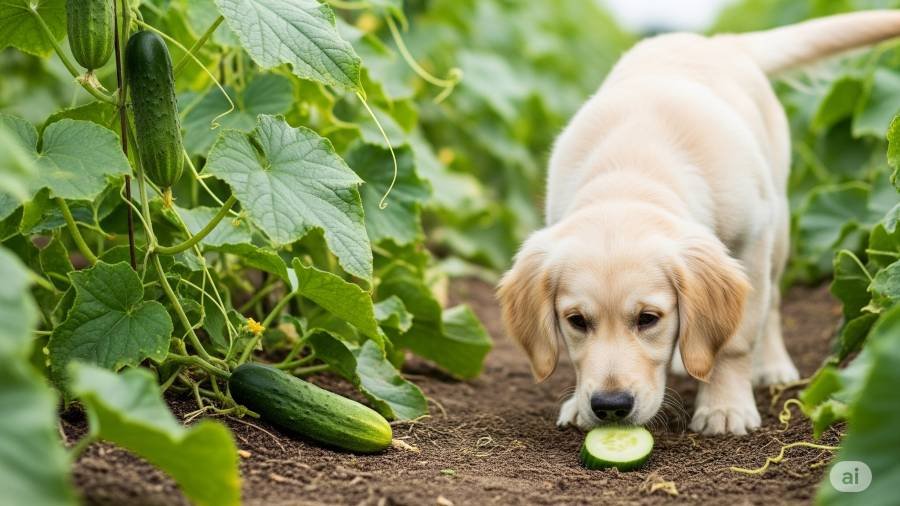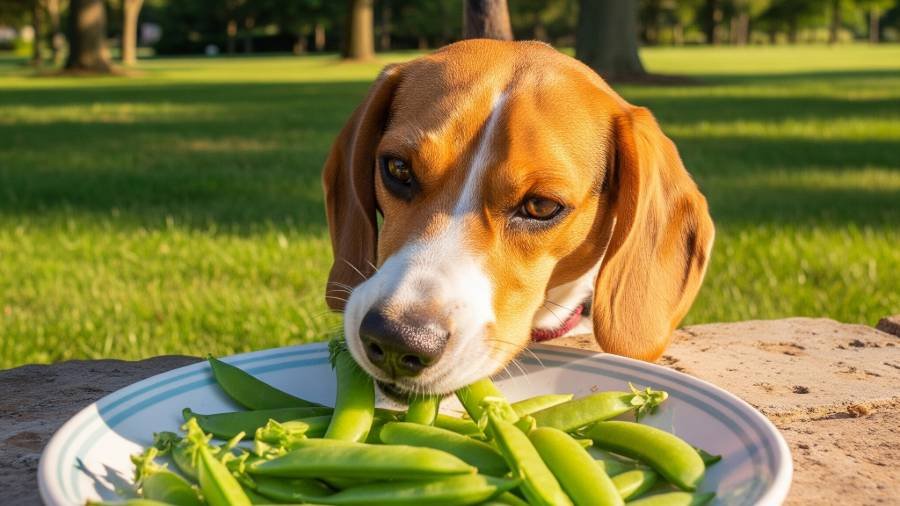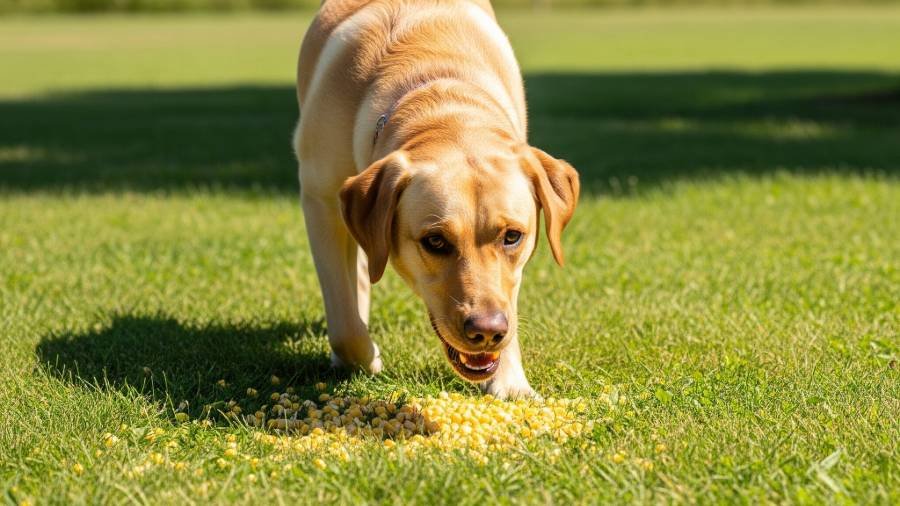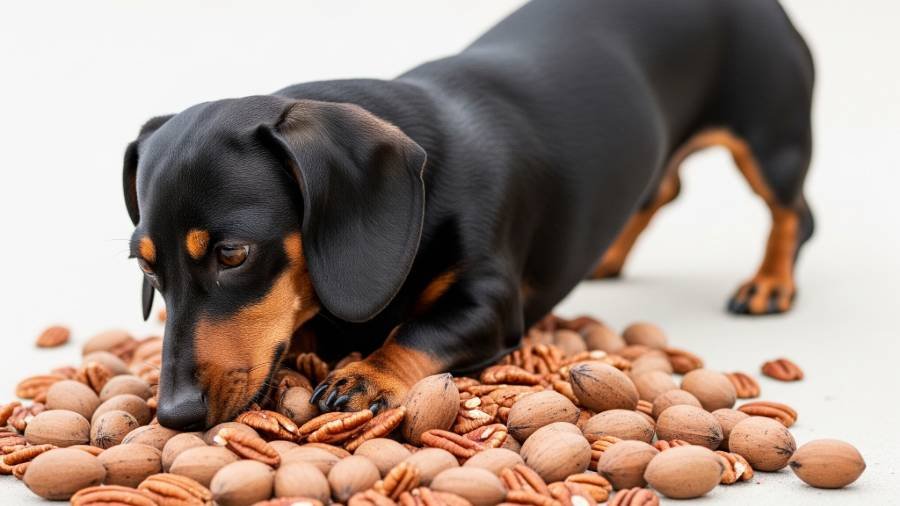Dogs should not consume this food item as a regular treat due to its high fat content and high salt levels, which can pose health risks despite it not being inherently toxic.
This article provides a unique, detailed guide on why offering this to your dog should be avoided or strictly limited, exploring its implications, dangers, and safer alternatives.

Potential Benefits of Bacon for Dogs
While this food might seem like an enticing treat for your furry friend, any benefits are minimal and overshadowed by risks:
- Flavor Appeal: The rich taste can be a rare indulgence, making it a tempting reward for training or special occasions.
- Protein Source: It contains some protein, offering a small energy boost, though this is negligible compared to healthier options.
- Fat Content Energy: The high fat provides a quick caloric surge, potentially useful for highly active dogs in tiny amounts.
- Palatability Boost: Its strong aroma can encourage picky eaters, but this advantage is outweighed by health concerns.
These potential benefits are far outweighed when you consider that this isn’t good for dogs as a regular part of their diet. For more on safe protein sources, explore can dogs eat turkey.
Risks and Dangers of Bacon for Dogs
This food poses several significant dangers that make it unsuitable for dogs, especially in large quantities:
- High Fat Content: The fat can lead to pancreatitis, a painful inflammation of the pancreas, particularly in dogs with sensitive stomachs.
- High Salt Levels: Excessive salt can cause salt poisoning, resulting in symptoms like vomiting, tremors, or life-threatening seizures.
- Processed Meat Risks: As a processed item, it may contain preservatives like nitrates, linked to long-term health risks such as cancer.
- Upset Stomach: Even small amounts can cause gastrointestinal distress, including diarrhea or bloating, due to its richness.
- Choking Risk: Crispy pieces can pose a choking hazard, especially for smaller dogs if not broken into manageable bits.
- Weight Gain: Regular feeding contributes to obesity, straining joints and overall vitality.
- Allergic Reactions: Though rare, some dogs may develop allergies, manifesting as itching or digestive issues.
How to Safely Feed Bacon to Dogs
Given the risks, this should be avoided or used sparingly, but if offered, follow these cautious steps:
- Limit to Small Amounts: Offer only a tiny piece (e.g., a half-inch strip for small dogs, up to one inch for large dogs) as an exceptional treat, not a habit.
- Avoid Regularly: Restrict to once a month at most, keeping it well below 10% of daily caloric intake to minimize health risks.
- Remove Excess Fat: Trim fat before feeding to reduce the high fat content and lower pancreatitis risk.
- Cook Plain: Serve unseasoned, without added spices, sugars, or sauces that could be toxic to dogs.
- Monitor Closely: Watch for signs of upset stomach or other reactions for 24-48 hours after feeding. Consult a vet if issues arise.
- Avoid for Sensitive Dogs: Skip for dogs with pancreatitis, heart conditions, or salt sensitivities, and seek vet advice first.
- Secure Storage: Keep it out of reach to prevent your furry friend from sneaking large quantities.
Signs of Bacon-Related Issues
If a dog consumes this improperly or reacts poorly, look for these warning signs:
- Vomiting, diarrhea, or reduced appetite (possible upset stomach from fat or salt)
- Difficulty breathing or choking (from large pieces or crispy texture)
- Lethargy, tremors, or seizures (indicators of salt poisoning)
- Excessive scratching or swelling (rare allergic reactions)
- Abdominal pain or bloating (pancreatitis or digestive overload)
If these signs appear, stop feeding and contact a veterinarian immediately. Severe cases may require urgent care.
Expert Opinions
Veterinary experts, including the American Veterinary Medical Association (AVMA) and the Pet Poison Helpline, advise against feeding dogs this regularly, citing its high salt and fat profile and potential for serious health risks.
They suggest plain, lean meats in moderation and recommend immediate vet consultation if significant amounts are consumed. For more on safe treats, check what fruits can dogs eat.
Additional Considerations
- Health Conditions: Dogs with pancreatitis, kidney issues, or heart disease should avoid this entirely. Consult a vet first.
- Puppies: Young dogs are more vulnerable to fat and salt effects.
- Dog Preferences: Many dogs love its smell, but this doesn’t make it healthy. Keep it inaccessible.
- Holiday Caution: During festive seasons, secure cooked dishes to prevent theft by eager dogs.
- Processed Nature: Opt for fresh, unprocessed dog food over this to avoid hidden additives.
Safe Treat Alternatives
Instead of this, consider these safe-for-dogs treats, tailored to enhance a dog’s diet:
- Chicken: Plain, unseasoned chicken offers lean protein.
- Zucchini: A small portion of steamed zucchini supports hydration.
- Raspberries: A few fresh raspberries provide antioxidants.
- Plain Cottage Cheese: A teaspoon of low-fat cottage cheese boosts calcium.
Introduce new treats gradually, monitor for reactions, and consult a vet to ensure a balanced diet.
Dogs should not consume this as a regular treat due to its high fat content and high salt levels, which can lead to upset stomach, pancreatitis, or life-threatening conditions, despite it not being toxic in small amounts.
Risks from large quantities of processed meat, choking risk, or long-term health risks necessitate avoiding feeding your dog this routinely, limiting it to rare, tiny pieces if at all.
Puppies or dogs with health issues like heart disease should steer clear unless approved by a vet, prioritizing a balanced dog food diet with safer alternatives.
Always consult a veterinarian before offering this, and opt for healthier dog treats.
For more on canine nutrition, explore can dogs eat ham or what vegetables can dogs eat.
Learn more in our guide on can dogs eat ground beef for meat options.
For additional questions about what dogs can eat or dietary concerns, feel free to ask!





